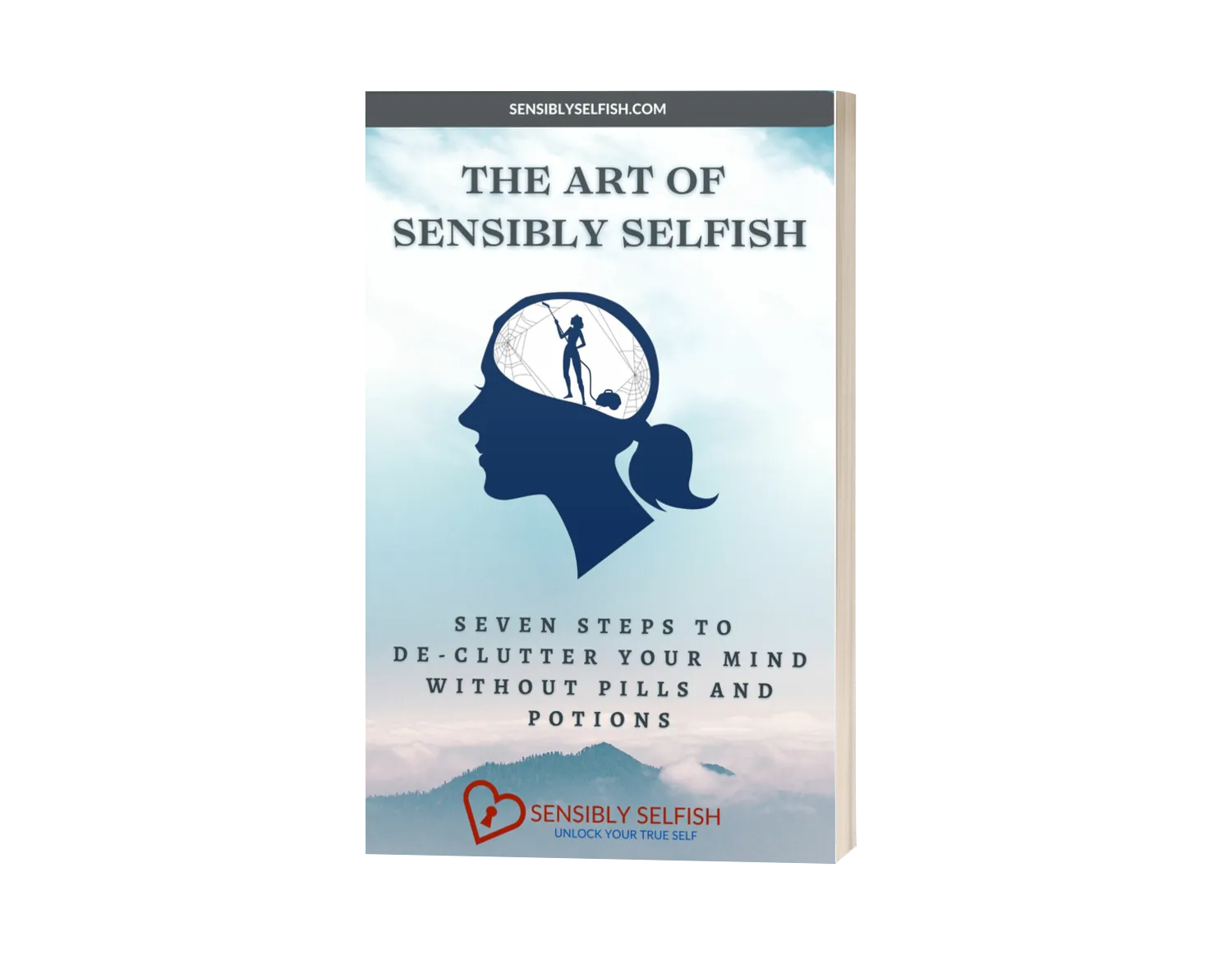Decoding the Symbolism of Illness Listening To Your Body
[Toc]
Our bodies are incredible vessels that carry us through life, and each has its own unique way of communicating with us - if we only listen. Recently, I found myself pondering the profound connections between our physical well-being and the emotions that silently influence it, and I have created this post on some of my basic findings.
In this post's exploration, it's important to note that while the insights shared here are based on personal observations and experiences, they are not a substitute for professional medical advice. Every individual's journey is unique, and consulting with a healthcare professional is crucial for a comprehensive understanding of one's health. This post is intended to spark introspection and conversation rather than provide medical guidance. Now, let's delve into the intriguing intersection of our bodies and emotions.
Acknowledging the Connection Between Body and Emotions
Over the years, the way we live has shifted, and in this fast-paced world, we've seemingly lost the art of listening to our bodies. The unseen threads that tie our emotional state to our physical health become more pronounced as we age. It's a fascinating interplay, one that merits exploration.
Personally, I've experienced moments where stress transformed into tension, manifesting as aches in my joints or knots in my stomach. I have suffered from lung illnesses and am now pondering grief not just my own issue but perhaps of generations that have gone before me. This intricate dance between mind and body underscores the importance of understanding the messages our bodies convey.

Decoding the Language of Your Body
Illness, rather than a mere inconvenience, may be our body's way of speaking to us in a symbolic language. It is definitely a message to slow down or change. Below is a basic list to give you an idea and to use as a basis for your own due diligence.
10 Examples of Symbolic Messages
Joint Pain: A signal of potential resistance to change, urging us to embrace flexibility in our thoughts and actions.
Digestive Issues: An indicator of difficulty processing life's challenges, prompting us to explore healthier ways of emotional digestion.
Headaches: A potential response to conflicts, encouraging us to address the root causes and find moments of relaxation.
Skin Conditions: Manifestations of inner turmoil, reminding us to nurture self-love and acceptance.
Fatigue: Beyond physical exhaustion, it may signify emotional exhaustion, signaling the need for rest and self-care.
Back Pain: A sign of the burdens we carry emotionally, urging us to lighten our emotional load and seek support.
Insomnia: An indication of unsettled thoughts or unresolved issues, inviting us to address underlying concerns.
Chest Tightness: Reflective of emotional constriction or grief, encouraging us to explore practices that promote emotional release and openness.
Frequent Colds: A weakened immune system, reminding us to prioritize self-care and stress reduction.
Muscle Tension: A physical manifestation of emotional tension, prompting us to explore relaxation techniques and stress management strategies.
Deciphering these symbolic messages allows us to move beyond treating symptoms to addressing the deeper emotional narratives that influence our well-being. By understanding the language our bodies speak, we embark on a journey of self-discovery and holistic healing.

Embracing Self-Reflection
In the midst of health challenges, embracing self-reflection becomes a powerful tool. It's an invitation to explore the emotions tied to our physical ailments. Taking time for introspection can reveal patterns, allowing us to better understand and navigate the intricate relationship between our emotions and our well-being.
One excellent way to do this is to sit with a journal and write down your thoughts. There is an excellent post on Sensibly Selfish journaling on this website. Now would be a good time to visit and learn more.
Navigating Emotions with Wisdom
When we acknowledge the emotional aspects of illness, we open ourselves to profound personal growth. Our bodies, resilient and wise, guide us towards a deeper understanding of ourselves. Each health challenge becomes an opportunity for transformation, an invitation to cultivate resilience and embrace the wisdom inherent in our journey.
Caring for our emotional health is a crucial aspect of overall well-being, especially as we navigate the complexities of life beyond 45. Incorporating self-care rituals, practicing mindfulness, and nurturing emotional resilience become essential steps in fostering a harmonious balance between our physical and emotional selves.
Amidst the exploration of emotions and illness, it's essential to find moments of lightness. Humor becomes a companion on this journey, offering a unique perspective that transcends the challenges we face. Approaching our experiences with a touch of candor allows us to connect on a deeper level, acknowledging the shared humanity in our stories.

Listen to Language
In the symphony of life, our bodies play a remarkable instrument, echoing the melodies of our emotions. As we listen, reflect, and navigate the intricacies of health and well-being after 45, we discover a profound connection between our physical and emotional selves. Let's embark on this journey of self-discovery, embracing the wisdom that unfolds when we truly listen to the language of our bodies.
Share your thoughts and experiences in the comments—let's continue this conversation about the beautiful intersection of emotions and well-being. Or alternatively, join in the conversation in the secret Facebook group.










